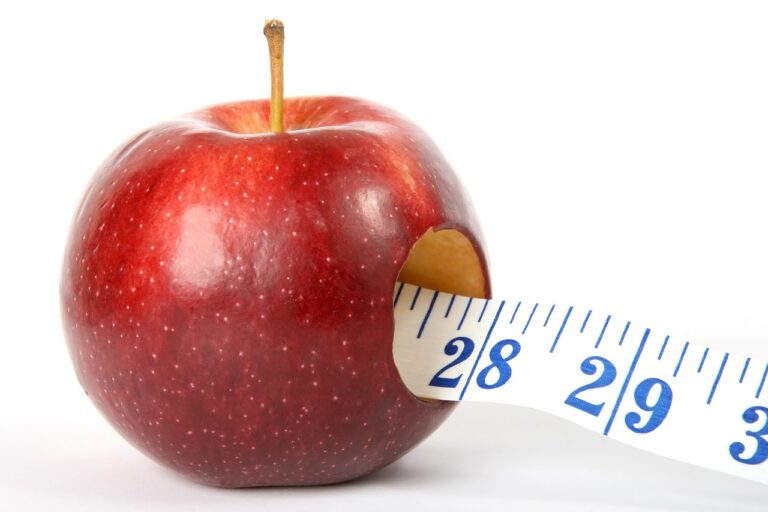The Future of Personalized Nutrition Plans
Personalized nutrition plans offer a tailored approach to dietary choices, considering individual needs and preferences. By customizing a nutrition plan to specific goals and health requirements, individuals are better equipped to optimize their overall well-being. This personalized approach can lead to improved energy levels, better weight management, and enhanced mental focus.
Furthermore, personalized nutrition plans can help individuals better understand their relationship with food and make informed choices that support their health. By identifying specific nutrient deficiencies or intolerances, a personalized plan can address these challenges effectively, promoting better digestion and overall nutritional balance. Overall, the benefits of personalized nutrition plans extend beyond just physical health, as they can also have a positive impact on mental and emotional well-being.
Understanding Nutritional Needs
Nutritional needs vary from person to person based on factors such as age, gender, activity level, and overall health. Due to these individual differences, it is essential to tailor nutrition plans to meet specific needs. Understanding the concept of macronutrients – carbohydrates, proteins, and fats – and micronutrients – vitamins and minerals – is crucial in designing a balanced diet that fulfills these requirements.
Additionally, considering personal preferences, cultural background, and any dietary restrictions can further refine a nutrition plan. Consulting with a dietitian or nutrition specialist can help assess individual nutritional needs and develop a personalized strategy to achieve health and wellness goals. By understanding one’s unique nutritional needs, individuals can optimize their dietary choices to support overall well-being and prevent nutritional deficiencies.
How can personalized nutrition plans benefit me?
Personalized nutrition plans can help you meet your specific dietary needs and goals, leading to improved overall health and well-being. These plans take into account your individual factors such as age, gender, activity level, and any health conditions you may have.
Why is it important to understand my nutritional needs?
Understanding your nutritional needs is crucial for maintaining optimal health and preventing deficiencies or health issues. By knowing what your body requires in terms of nutrients, you can make informed choices about your diet and lifestyle.
How can I determine my nutritional needs?
You can determine your nutritional needs by consulting with a registered dietitian or nutritionist who can assess your individual factors and create a personalized plan for you. Additionally, keeping a food diary and tracking your intake can help you identify any gaps in your diet.
What are some common signs of nutrient deficiencies?
Common signs of nutrient deficiencies include fatigue, weakness, poor immune function, digestive issues, and changes in skin, hair, or nails. If you suspect you may have a deficiency, it’s important to speak with a healthcare provider for proper testing and guidance.
How often should I review and adjust my nutrition plan?
It’s recommended to review and adjust your nutrition plan regularly, especially if your lifestyle or health status changes. Consulting with a healthcare provider or nutrition expert can help ensure that your plan remains effective and meets your evolving needs.





